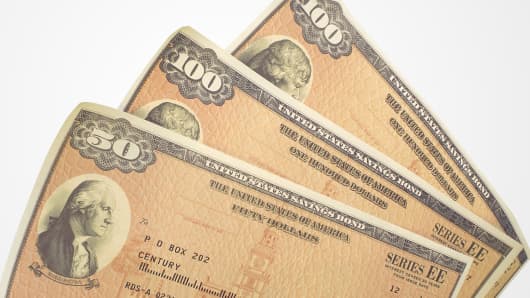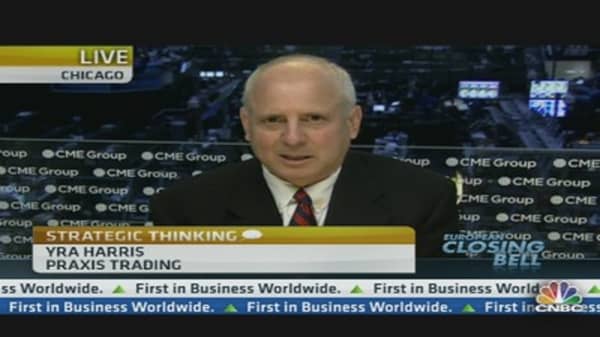Have the fearsome bond vigilantes been rendered obsolete by central banks?
As Congress and President Barack Obama lurch from one crisis to the next in an era of record budget deficits and a debt load flirting above $16 trillion, this once feared group of investors has gone strangely silent.
Bond vigilantes were credited with forcing up Treasury bond yields to just over eight percent, pressing the Clinton administration to confront the U.S. budget deficit in protest of fiscal and monetary policy. These same bond scourges helped bring Europe's debt crisis to a boiling point, by sending yields in Greece, Italy, Portugal and Spain through the roof.
Some market observers are perplexed by the reasons why the vigilantes haven't come out of hibernation. Yet others point the finger at the Federal Reserve and their global central banking cohorts, who are trying to keep the global economy afloat though massive quantitative easing.




